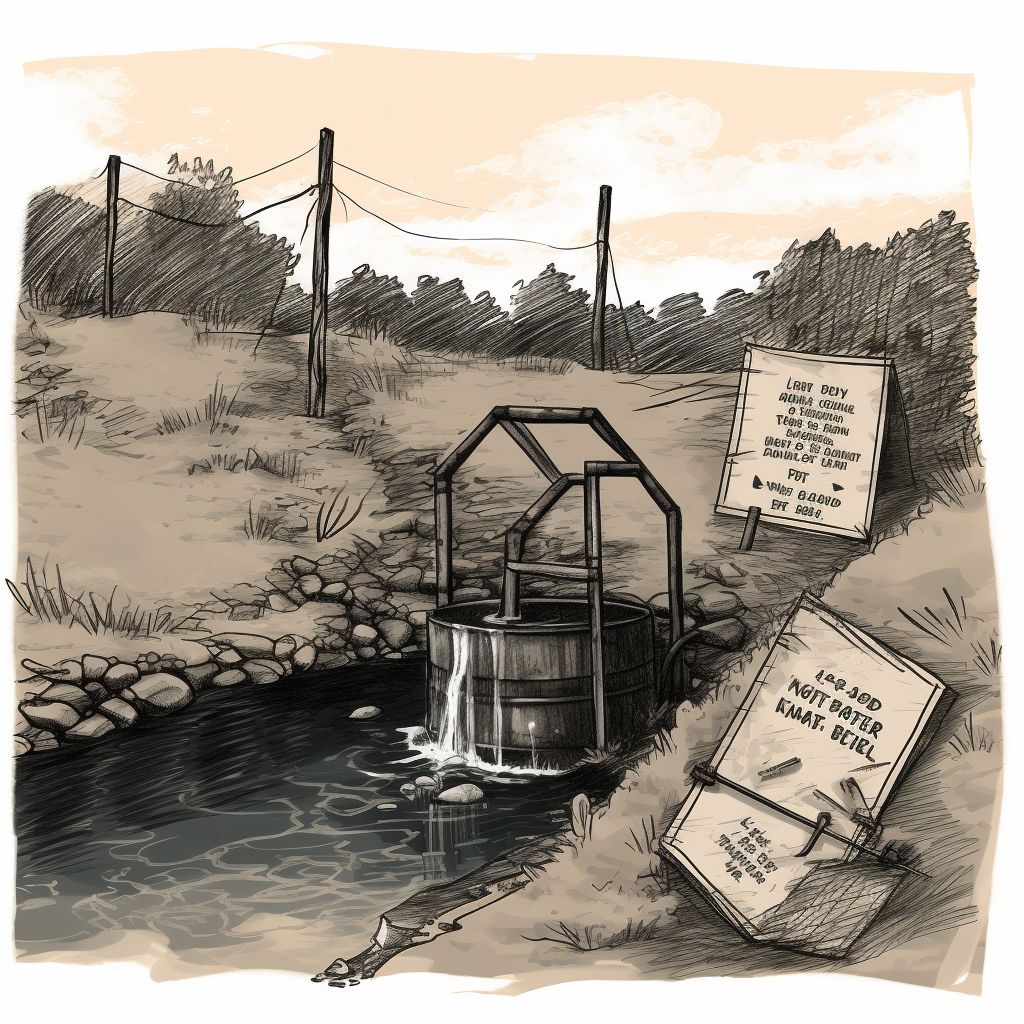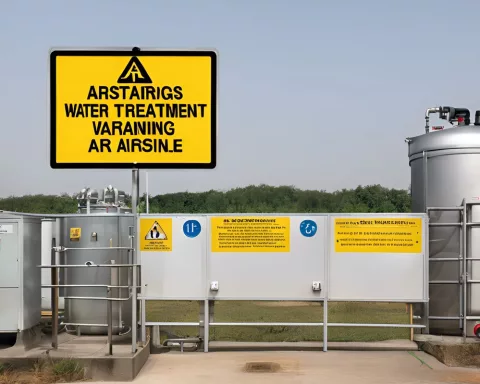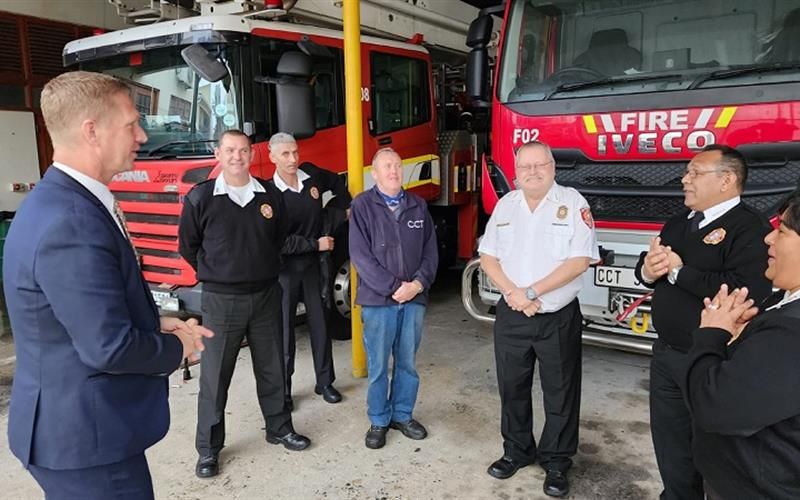The cholera outbreak that started in Gauteng Province in South Africa on February 5, 2023, has become a matter of national concern. The initial two cases involved two sisters from Diepsloot, Johannesburg, who had traveled to Malawi in January and returned at the end of the month. The husband of one of the women subsequently tested positive for cholera, followed by eight more confirmed cases – six in Johannesburg and two in Ekurhuleni.
Measures to Contain the Outbreak
Public health measures were put in place to limit transmission to close family members and households. However, the situation escalated in the Fezile Dabi District of the Free State Province. In this area, a total of 174 patients with diarrhea were attended at various clinics and hospitals, resulting in eight deaths. Later, eight more cholera cases were confirmed, bringing the total to nine.
Water sources in the area were found to have high nitrate content, and although deemed non-compliant due to excessive chloroform, no new cases have been reported since May 23, 2023. Health education about water and food safety, along with support from district, provincial, national, and World Health Organization (WHO) personnel, continue to monitor the situation.
Latest Developments
The current epicenter of the outbreak is in Tshwane, Gauteng Province, specifically Hammanskraal, where a 56-year-old male from Giyani, Limpopo, was the first reported case. Further investigation revealed 33 students also complaining of gastrointestinal symptoms, leading to eight admissions.
Between May 17 and May 23, 163 patients presented at Jubilee with diarrhea and vomiting, resulting in 17 deaths. However, the number of patients reduced to 30 between May 24 and May 30, with only two deaths reported.
Interventions Implemented
Interventions at health service provision included creating special cholera and gastroenteritis wards, deploying specialist gastroenteritis physicians, fast-tracking laboratory results, and setting up a field hospital with additional health personnel. Health Outreach Teams have been educating the community about cholera prevention through basic hand hygiene, water, and food safety.
Water Contamination
The Water Department, both in the City of Tshwane and the Department of Water and Sanitation, continues to examine water sources to determine any contamination. As of now, the cholera outbreak remains limited to a small area in the Free State, Ngwathe municipality, and Tshwane. A significant downward trend in reported cases is observed, and authorities are confident that they can contain the outbreak.
In conclusion, the cholera outbreak in South Africa has received national attention. Health authorities have put measures in place to contain the outbreak, including specialist medical treatment and health education. Water sources are being examined for contamination, and the number of reported cases is decreasing. Although the situation is still being monitored, authorities are confident that they can contain the outbreak.












